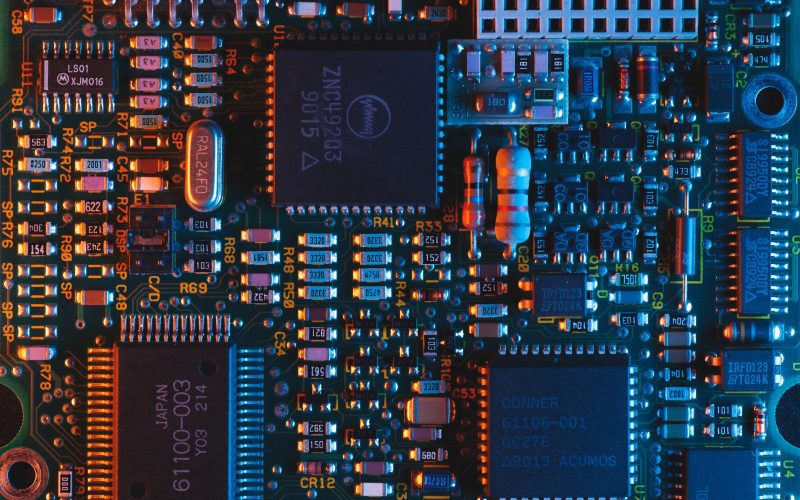Artificial intelligence (AI) is making a significant impact on various industries, and the electronics manufacturing sector is no exception. From increasing production efficiency to reducing errors and improving quality control, AI has the potential to revolutionize the way electronics are made. Let’s take a closer look at how AI is disrupting the industry for good.
One area where AI is making a significant impact is in quality control. With AI-enabled inspection systems, manufacturers can quickly identify defects in components and products. These systems use machine learning algorithms to analyze images and detect even the tiniest flaws, which can be difficult for human inspectors to spot. This not only saves time and reduces costs, but it also improves product quality and customer satisfaction.
Another area where AI is disrupting the electronics manufacturing industry is in predictive maintenance. AI-enabled systems can analyze data from sensors and other sources to predict when maintenance will be required, reducing the risk of equipment failure and downtime. This, in turn, increases production efficiency and reduces costs.
Furthermore, AI is helping manufacturers to optimize their production processes. By analyzing large amounts of data, AI algorithms can identify inefficiencies and suggest improvements. This can include everything from adjusting machine settings to changing the production line layout. By making these optimizations, manufacturers can increase production speed, reduce waste, and save money.
However, there are some concerns surrounding the adoption of AI in electronics manufacturing. For example, some worry that the increasing use of AI and automation could lead to job losses, particularly for low-skilled workers. It is crucial for manufacturers to address these concerns and ensure that any adoption of AI is done ethically and responsibly.
In conclusion, AI is disrupting the electronics manufacturing industry for good, from improving quality control to optimizing production processes. While there are concerns about job losses and ethical considerations, the potential benefits are significant. As the technology continues to advance, it will be fascinating to see how manufacturers embrace AI and what new innovations arise.












